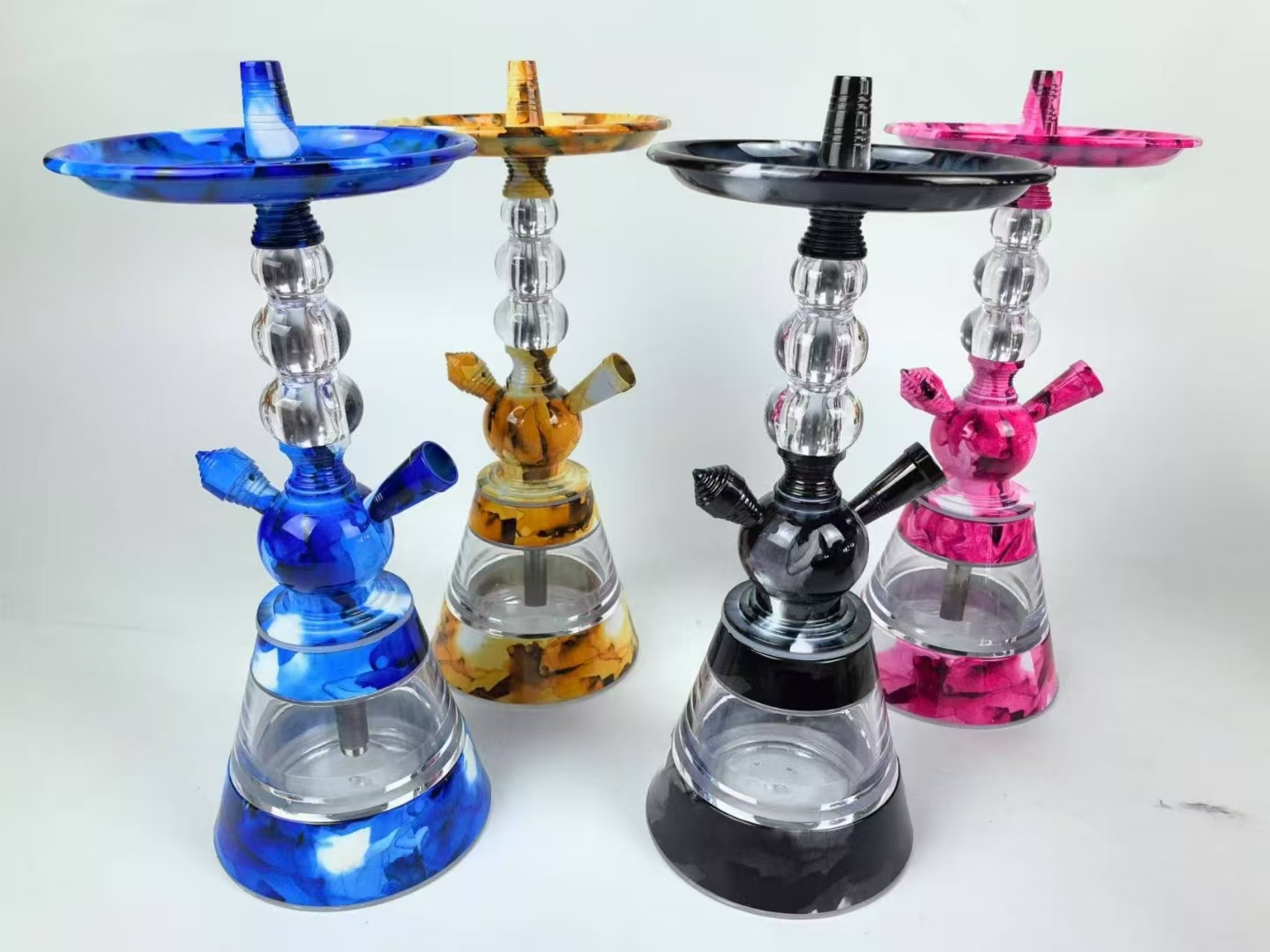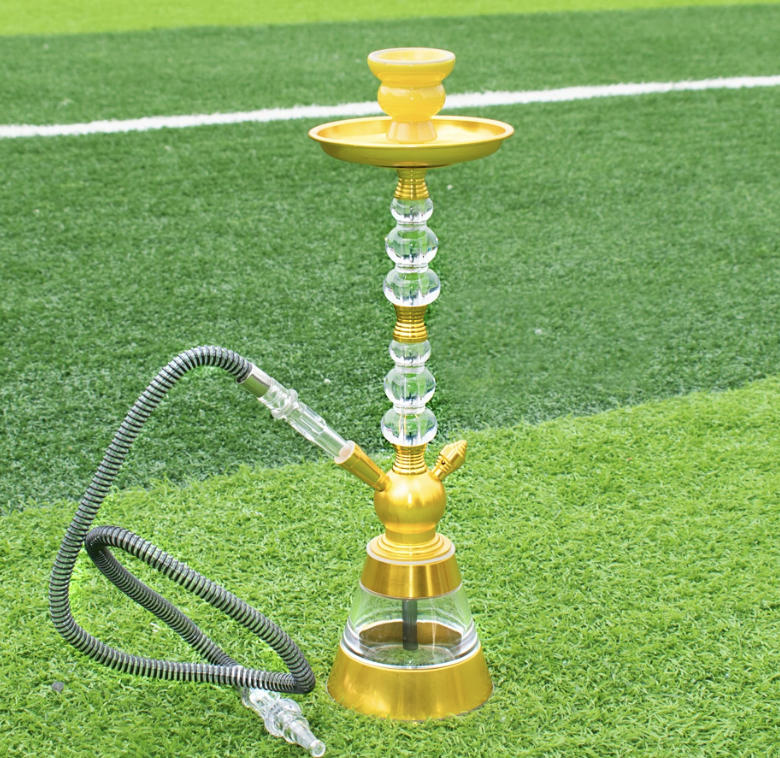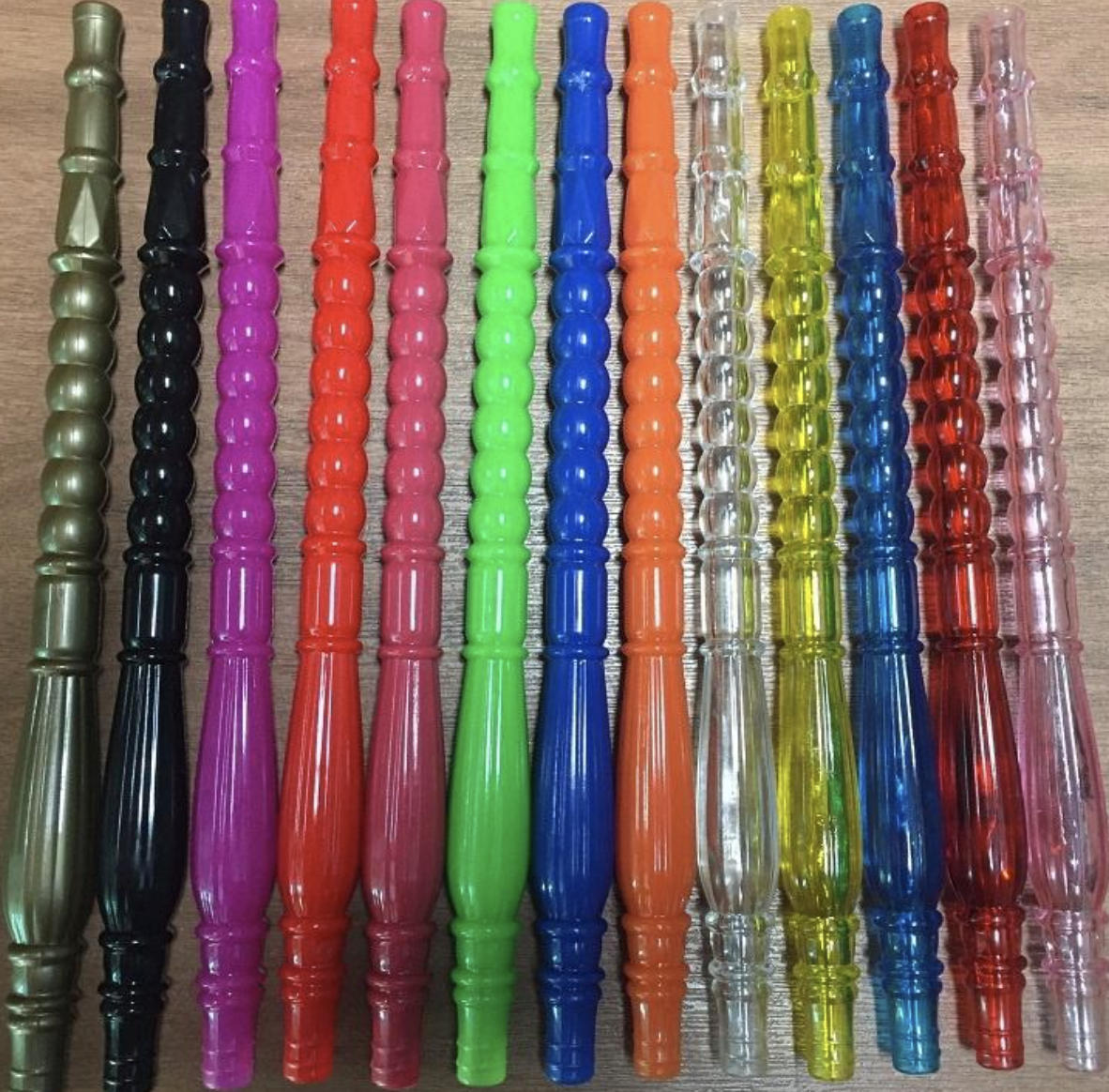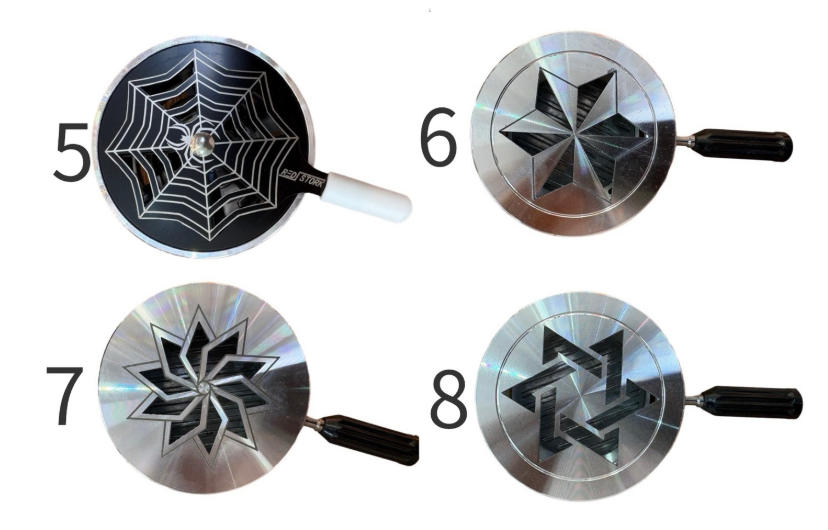How Old Do You Have to Be to Smoke Hookah?
How Old Do You Have to Be to Smoke Hookah?
Table of Contents
-
Introduction: Understanding Hookah and Age Restrictions
-
Conclusion: Navigating Hookah Age Regulations
Introduction: Understanding Hookah and Age Restrictions
Hookah, also known as waterpipe or shisha, is a traditional method of smoking tobacco that originated in the Middle East. It involves passing smoke through a water chamber before inhalation, which many believe filters out harmful substances. However, this perception is misleading, as hookah smoke contains many of the same toxins found in cigarette smoke, including nicotine, tar, and carbon monoxide.
The question of “how old do you have to be to smoke hookah” is important because age restrictions vary widely around the world, reflecting different cultural attitudes toward tobacco use and public health concerns. In this article, we’ll explore the legal ages for smoking hookah in various regions, the health implications for young smokers, and the social and cultural perspectives surrounding these age limits. Whether you’re curious about the laws in your area or want to understand the broader context of hookah smoking, this guide provides clear, actionable information to help you make informed decisions.
Legal Age to Smoke Hookah in the United States
In the United States, the legal age to purchase and smoke tobacco products, including hookah, was raised from 18 to 21 on December 20, 2019, with the enactment of the Tobacco 21 law (FDA - Tobacco 21). This federal law applies to all tobacco products, including cigarettes, cigars, and hookah tobacco, known as shisha. The change was made to reduce tobacco use among youth and young adults, as research suggests that people who start smoking before age 21 are more likely to develop nicotine addiction and related health problems.
Before this law, the legal age for tobacco purchases varied by state, with some states already setting the age at 21. Now, the rule is uniform across the country: you must be at least 21 years old to buy or smoke hookah legally in the U.S. This applies to both purchasing hookah tobacco and visiting hookah lounges, where age verification is strictly enforced. If you’re under 21, attempting to buy or smoke hookah could result in legal consequences, so it’s wise to wait until you’re of age.
Hookah Smoking Age Laws Around the World
Outside the United States, the legal age for smoking hookah varies significantly by country, often tied to broader tobacco regulations. In many parts of Europe, such as Germany, the legal age to smoke tobacco, including hookah, is 18, as outlined in the Youth Protection Act (Moze Shisha - Legal Age). Similarly, in countries like India and the United Kingdom, the legal age to purchase tobacco products is 18, though additional restrictions may apply to smoking in public places.
Here’s a quick look at some examples:
|
Country |
Legal Age to Smoke Hookah |
Additional Notes |
|---|---|---|
|
Germany |
18 |
Enforced under the Youth Protection Act |
|
India |
18 |
Public smoking bans in many areas |
|
United Kingdom |
18 |
No specific laws for private hookah use |
|
Jordan |
18 |
Enforcement varies in hookah lounges |
In some Middle Eastern countries, where hookah is a cultural tradition, laws prohibiting the sale of tobacco to minors exist, but enforcement can be inconsistent. For example, in Jordan, the legal age to purchase tobacco is 18, but hookah lounges may allow younger individuals to smoke if accompanied by an adult.
If you’re traveling or planning to smoke hookah abroad, it’s crucial to check local laws. Regulations can differ not only by country but also by region, and ignorance of the law is not a valid defense. For reliable information, consult government websites or trusted sources like Mob Hookah for global insights.
Health Implications for Young Hookah Smokers
Despite the common belief that hookah smoking is safer than cigarettes, research shows it poses similar, if not greater, health risks, especially for young people. Hookah smoke contains toxic chemicals like carbon monoxide, heavy metals, and carcinogens, often at higher levels than cigarette smoke. A single hookah session can deliver more smoke than a pack of cigarettes, increasing exposure to these harmful substances (American Lung Association - Hookah Facts).
Young people, whose bodies and brains are still developing, face unique risks from hookah smoking, including:
-
Respiratory Issues: Hookah smoke irritates the respiratory tract, causing coughing, wheezing, and potentially chronic conditions like bronchitis or asthma.
-
Cardiovascular Disease: Nicotine and carbon monoxide raise heart rate and blood pressure, increasing the risk of heart disease over time.
-
Infectious Diseases: Sharing hookah mouthpieces can spread diseases like herpes, hepatitis, and tuberculosis.
-
Nicotine Addiction: Hookah tobacco contains nicotine, which is highly addictive and can impair brain development in adolescents, affecting attention, learning, and memory.
The flavored tobacco used in hookah, with tastes like apple, mint, or mango, makes it particularly appealing to young people, who may not fully grasp the health risks. Studies indicate that adolescents exposed to hookah smoke face a higher risk of lung cancer later in life due to DNA damage from carcinogens. Additionally, the social setting of hookah lounges can normalize tobacco use, making it harder for young people to resist peer pressure (CDC - Hookahs).
To protect your health, consider avoiding hookah altogether, especially if you’re young. If you’re curious about the experience, explore non-tobacco alternatives like herbal shisha, but be aware that even these can release harmful chemicals when burned.
Social and Cultural Perspectives on Hookah Age Limits
Hookah smoking has deep cultural roots, particularly in the Middle East, where it’s a symbol of hospitality and community. In countries like Turkey, Egypt, and Lebanon, hookah lounges are gathering spots where people share stories, relax, and enjoy flavored tobacco. This cultural significance makes hookah more than just a smoking method—it’s a social ritual (Healthcare Weekly - Hookah Culture).
However, growing awareness of tobacco’s health risks has led to stricter regulations, even in traditional hookah-smoking regions. For instance, many Middle Eastern countries now prohibit tobacco sales to those under 18, though enforcement varies. In Western countries, hookah has gained popularity among young adults, especially in college towns and urban areas, where hookah lounges market themselves as trendy social hubs.
The appeal of hookah among young people stems from several factors:
-
Social Bonding: Sharing a hookah fosters a sense of community, making it attractive for group outings.
-
Flavored Tobacco: Sweet and fruity flavors mask the harshness of tobacco, drawing in younger users.
-
Perceived Safety: Many mistakenly believe hookah is less harmful than cigarettes due to water filtration, despite evidence to the contrary.
This popularity has sparked debates about public health and cultural appropriation. In the West, hookah is often seen as exotic, raising concerns about the commodification of Middle Eastern traditions. Meanwhile, public health campaigns push for stricter age limits to curb tobacco use among youth, recognizing that early smoking increases the risk of lifelong addiction.
Age restrictions aim to balance cultural respect with health protection. By delaying tobacco use, governments hope to reduce addiction rates and related diseases, but the social allure of hookah remains a challenge. Education and awareness are key to helping young people make informed choices.
Conclusion: Navigating Hookah Age Regulations
The legal age to smoke hookah varies globally, with the United States enforcing a minimum age of 21 and many other countries setting it at 18. These laws reflect efforts to protect public health, particularly for young people, who face significant risks from hookah’s toxic chemicals. While hookah holds cultural importance in some regions, its health dangers—ranging from respiratory issues to nicotine addiction—cannot be ignored.
If you’re considering trying hookah, take these steps:
-
Check Local Laws: Ensure you’re of legal age in your area to avoid penalties.
-
Understand the Risks: Educate yourself about the health dangers, especially if you’re young.
-
Explore Alternatives: Consider non-tobacco options or other social activities that don’t involve smoking.
Ultimately, the safest choice is to avoid tobacco altogether. By prioritizing your health and staying informed, you can enjoy social experiences without compromising your well-being. For more information on hookah and tobacco regulations, visit trusted sources like the CDC or American Lung Association.
Key Citations
-
FDA - Newly Signed Legislation Raises Federal Minimum Age of Sale of Tobacco Products to 21
-
Mob Hookah - How Old Do You Have to Be to Smoke Hookah?
-
American Lung Association - Facts About Hookah and Its Health Effects
-
CDC - Hookahs and Their Health Risks
-
Moze Shisha - Legal Age to Smoke Hookah in Germany
-
Healthcare Weekly - Exploring the Social and Cultural Dimensions of Hookah Smoking






